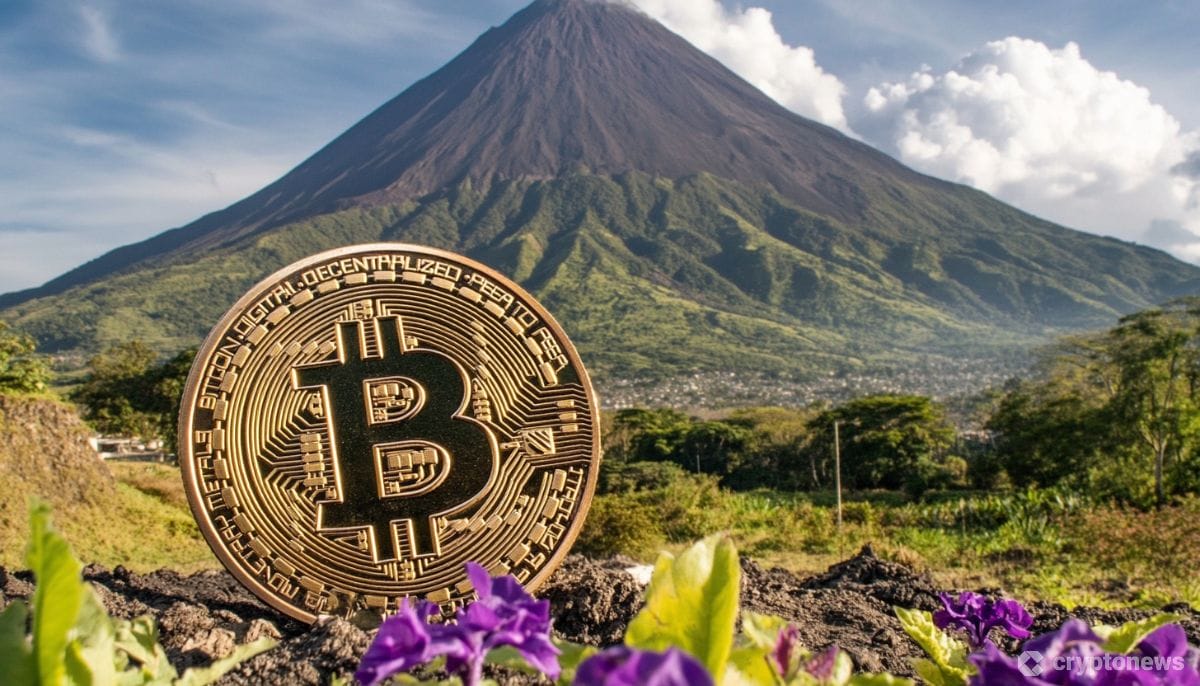A recent survey conducted by Francisco Gavidia University (UFG) in El Salvador found that only 7.5% of citizens use Bitcoin (BTC) to make transactions. The study, which involved 1,224 respondents aged 18 and over, revealed that the majority of Salvadorans do not use Bitcoin for transactions. Despite the country’s legal tender status for Bitcoin, only a small percentage of the population is actively utilizing the cryptocurrency for everyday transactions. The survey also asked respondents about their priorities for the future of the country, with the majority expressing a preference for focusing on education or fostering industry rather than Bitcoin adoption.
The survey also highlighted the high approval ratings of President Nayib Bukele, who has been a vocal supporter of Bitcoin in El Salvador. Respondents rated Bukele’s performance as President and his government with high scores, indicating overall satisfaction with his leadership. While there seems to be low adoption of Bitcoin for transactions among Salvadorans, their support for Bukele remains strong. The majority of respondents expressed optimism about the country’s future and financial situation, despite the limited adoption of Bitcoin.
The study’s findings suggest a decline in Bitcoin adoption rates among Salvadorans in recent years. Previous surveys in 2022 and 2021 reported higher BTC usage levels, indicating a noticeable decrease in interest over time. Bukele, who championed the adoption of Bitcoin as legal tender in El Salvador in September 2021, acknowledged that he had hoped for higher adoption rates. However, the lack of significant adoption may have actually helped improve the country’s standing with the International Monetary Fund (IMF). The IMF, initially skeptical of El Salvador’s Bitcoin adoption plans, has now indicated that it does not see any significant financial risks associated with the country’s use of Bitcoin.
Overall, the survey results suggest that while Bitcoin adoption remains relatively low in El Salvador, President Bukele continues to enjoy strong support from the majority of citizens. The focus on education and industry development as priorities for the country’s future indicates that Salvadorans may be more interested in traditional avenues for economic growth rather than solely relying on cryptocurrencies. Despite the challenges in increasing Bitcoin adoption rates, the government’s efforts to integrate cryptocurrency into the economy have garnered international attention and may have positive implications for the country’s financial stability in the long run.











